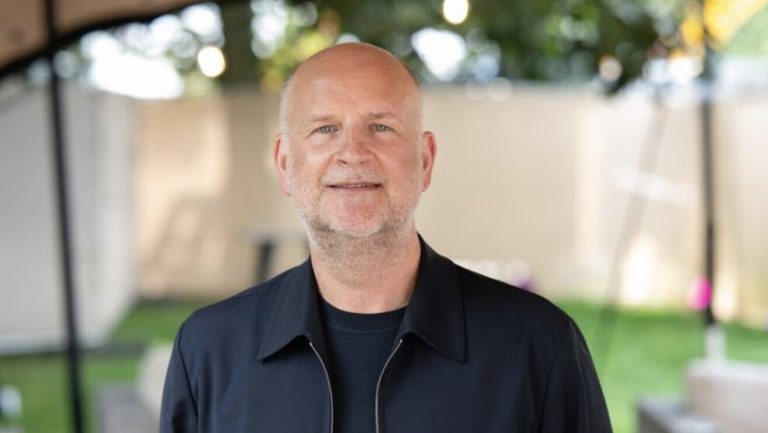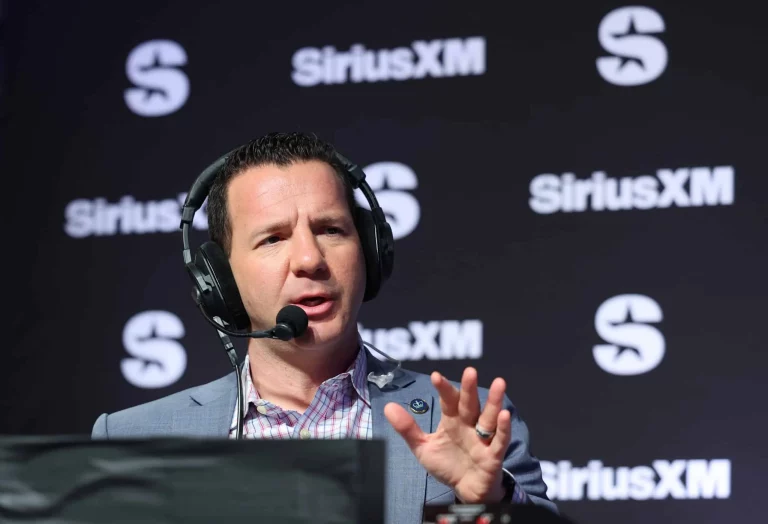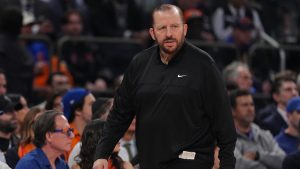Despite the volatility of in the bond market, particularly the recent rise in U.S. Treasury 10-year rates after last week’s poor auction, there are still opportunities in higher-yielding fixed income, says an active exchange-traded fund manager.
Matt Freund, co-manager of the $11.1 million Calamos Alternative Nasdaq & Bond ETF (CANQ), and co-chief investment officer at Calamos Investments, says the yields on high-yield, bank loans, emerging-market debt and other higher-risk fixed-income sectors still offer a good value for the risk taken. While he expects the U.S. economy to soften, he’s not expecting a recession yet.
“I’m not willing to commit to, ‘yes, we’re having a recession.’ I think that’s a little premature, and it depends on a lot of factors which have yet to be decided … The fundamentals are still good,” he said.
Calamos Investments is a global investment manager founded in 1977, with its beginnings in the convertible bond space. It launched the actively managed CANQ in February 2024 as its second ETF. The fund uses options-based exposure across Nasdaq-100 stocks coupled with diversified fixed-income holdings.
To get fixed-income exposure, CANQ uses several fixed-income ETFs, including the Simplify MBS ETF (MTBA), at 22.3% of the fund’s allocation, the Vanguard Emerging Markets Government Bond ETF (VWOB) at 20% and the SPDR Portfolio High Yield Bond ETF (SPHY) at 14.5% to round out the fund’s top three by weight. Fixed income is 77.2% of the fund’s allocation. The distribution yield for the fund is about 5.5% with a weighted credit of BBB-.
Advertisement: High Yield Savings Offers
While that may seem like a significant amount of credit risk in a volatile bond market, Freund pointed out that CANQ’s duration of 3.1 years is shorter than that of the iShares Core U.S. Aggregate Bond ETF (AGG), which has a duration of 5.8 years, and AGG’s yield is lower, at 3.8%.
Given his outlook on the U.S. economy, the shorter duration and higher yield of CANQ versus AGG, Freund said, “I’m not overly concerned with the high-yield allocation.”
He might begin to pull back on risk if the current uncertainty around tariffs remains unresolved, Congress is unable get the current tax cuts passed or inflation rises again.
“If I’m wrong about recession, if I’m wrong about taxes, if I’m wrong about tariffs, and you’ve got the geopolitical (issues), well, that would clearly be something that would cause us to reduce our risk budget,” he said.






